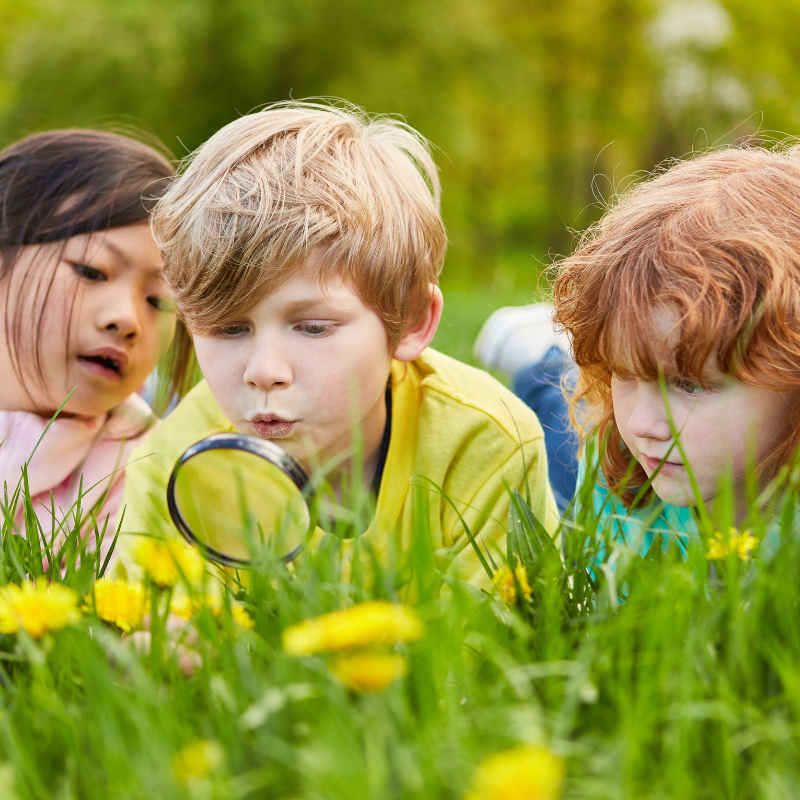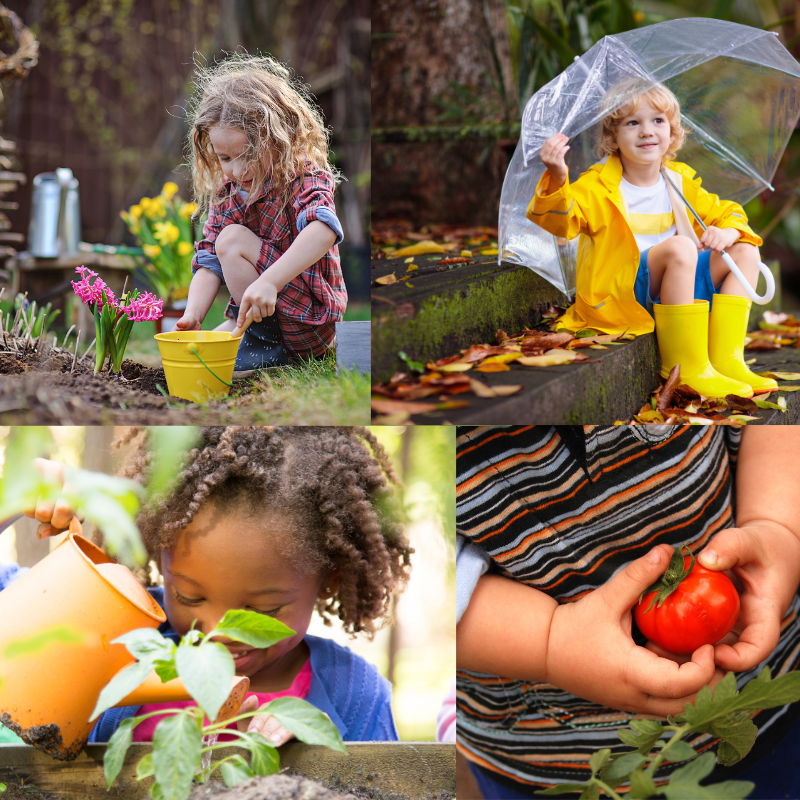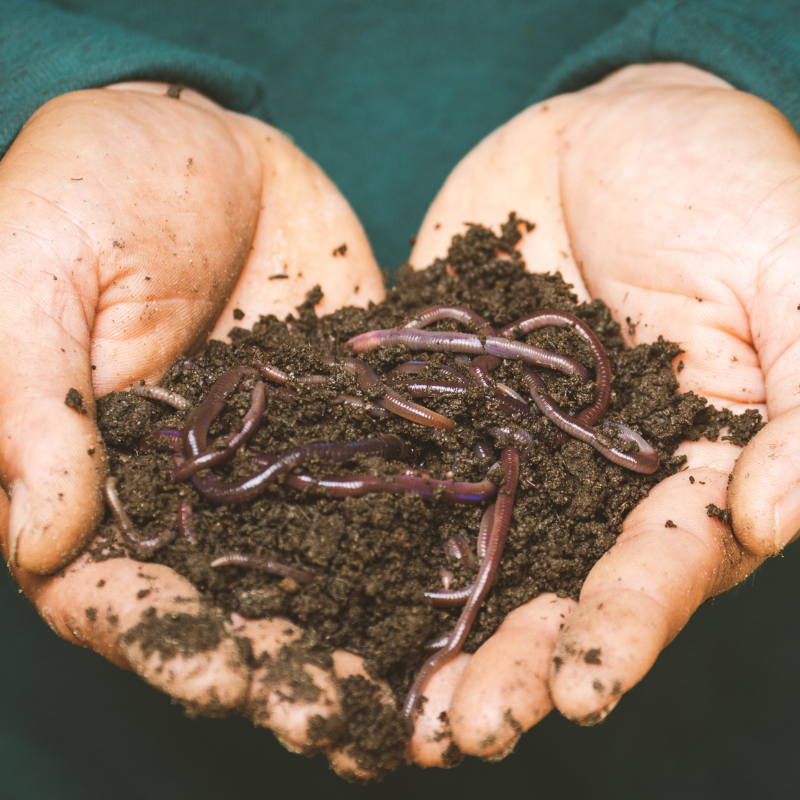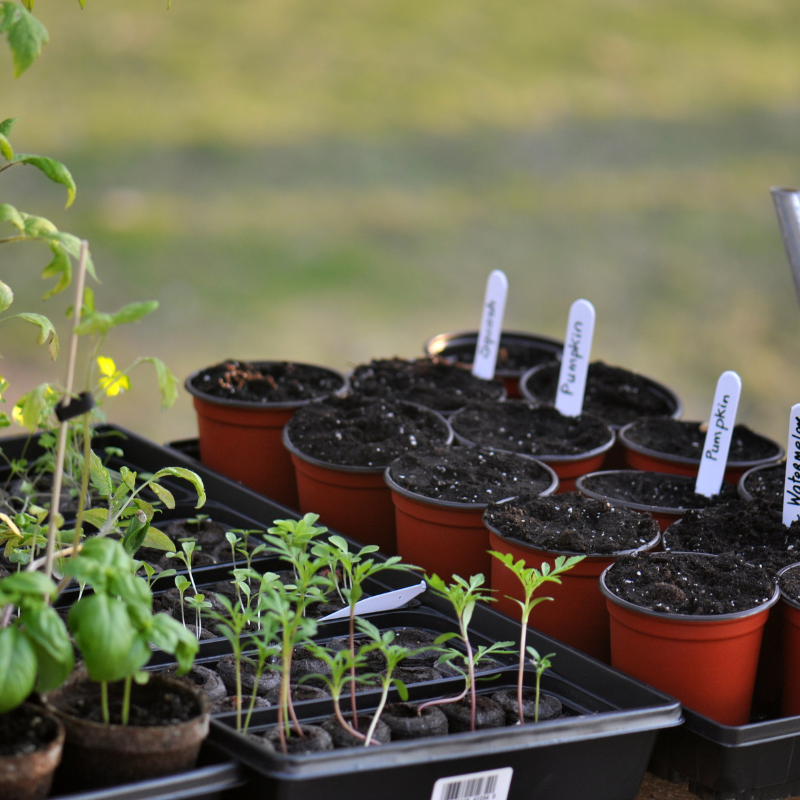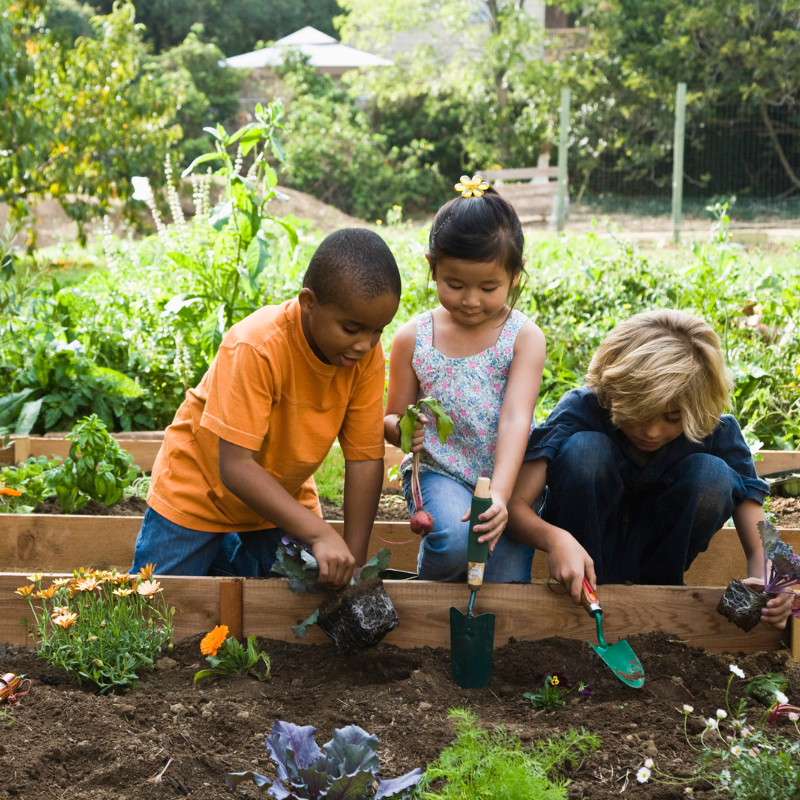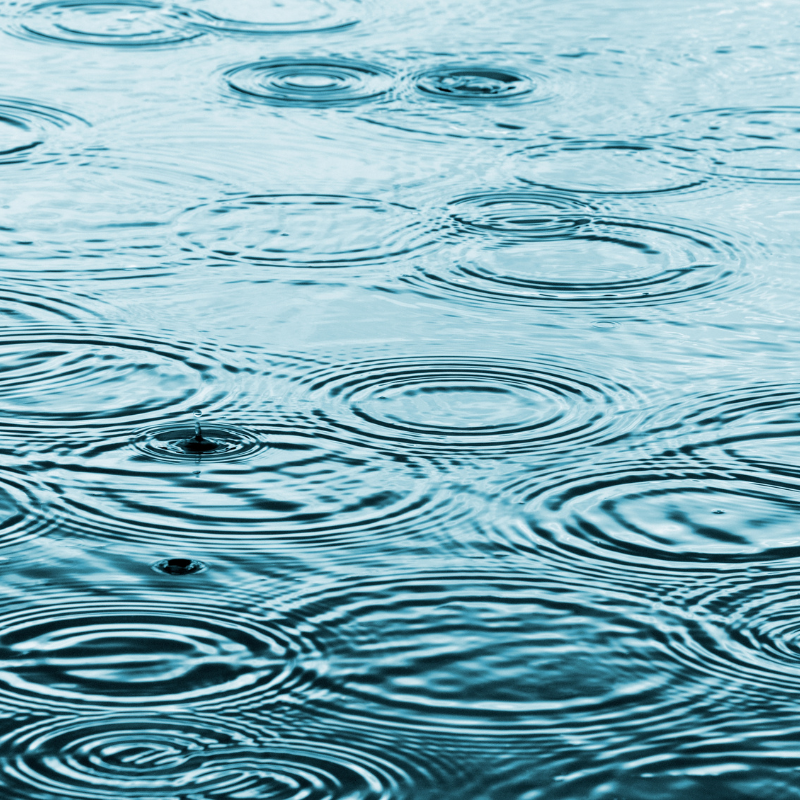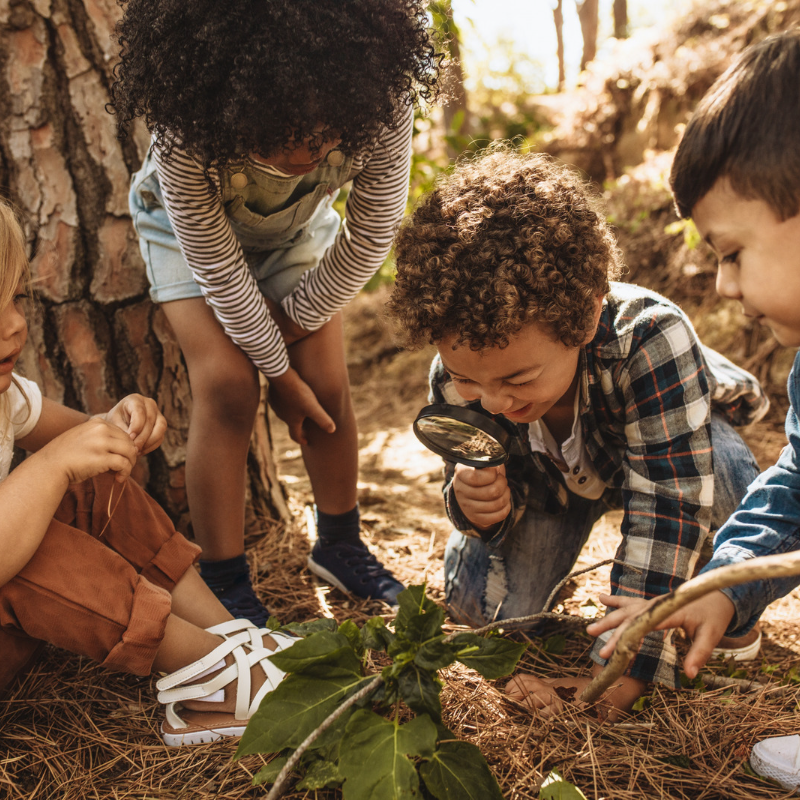HCP news and events straight to your inbox
Questions? We would love to hear from you!
Territory Acknowledgement
We at HCP gratefully acknowledge that we occupy unceded territory of the W̱SÁNEĆ and Lək̓ʷəŋən peoples. We recognize these lands and ecosystems are not our own. We recognize our role in the continuing process of dispossession, colonialism, and reconciliation. We recognize the need to do better. We humbly welcome all to join in this learning journey.

